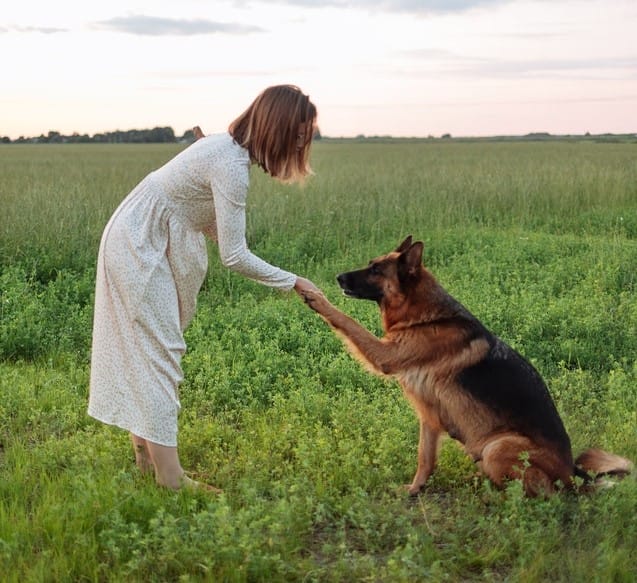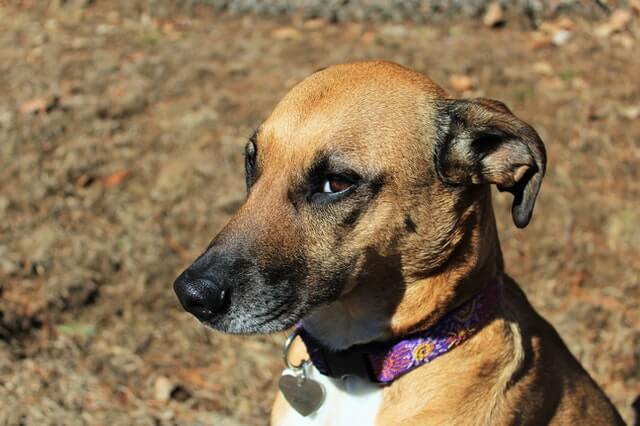
So you just welcomed home a new family member? We understand that it’s tough to resist the urge to get that dog or cat you always wanted, especially when you throw isolation and lockdown into the mix. According to the APPA COVID-19 Pulse Study, 72% of pet owners agreed that pets helped reduce stress and improve well-being during the pandemic.
It has also led to an increase in new pet owners during the pandemic. People isolated in solitude preferred getting a pet instead of a human company during the crisis. A Statista report from November 2021 revealed that 14 percent of respondents in the US brought home a new pet during the COVID-19 pandemic.
While anyone can welcome a new pet — canine or feline— not everyone is equipped with enough knowledge to provide proper care, which is natural and not always bad. However, a good pet parent would prepare themselves with enough knowledge to provide their new furry baby a good life and care.
Any dog parent will tell you that knowing what not to do is more important than knowing what to do. You might be doing everything right in your capacity, but one small mistake might undo all your hard work in a minute. Here are the top 5 mistakes that every dog parent must avoid.
Not Socializing Your Dog
Like humans, dogs need to socialize with other dogs and humans to learn manners and how to behave. It might be a dream come true for dog parents to have their furry best friend all to themselves, but that might put your dog at a disadvantage. When you get home a new puppy, they need to interact with new people or dogs to develop fully.
To ensure that your new puppy gets enough socialization, look for dog training classes in your area, where it can interact with other dogs. It will help them mix and learn to be with others apart from you. Another good option is to set up dog play dates with other dogs so that your pet can learn how to interact well with others.

Feeding Wrong Diet
One of the biggest mistakes that any dog parents can commit is feeding their pet the wrong diet. Most common first-time issues that a puppy faces arise due to an improper diet. Surely we need our dogs to grow over the years, but we need to control the growth so that they don’t become overweight.
Being obese makes dogs lethargic and puts pressure on their still-developing musculoskeletal structure, causing orthopedic issues like hip dysplasia or arthritis in the long run. It’s best to consult a vet when you get a new puppy and consult about the best diet for your dog.
Small dogs need an energy-rich diet, whereas larger breeds require a diet that promotes slow and steady growth. To illustrate, golden retrievers are one of the most popular breeds. They are also one of the fastest-growing dogs and often prone to putting on weight. You can either consult a vet or a Golden Retriever Growth Chart to check the best diet and stick to it. It would be best to follow the meal frequency and measurements for optimal feeding of your dog.
Giving Medications Intended for Humans
It should be a no-brainer but needs to be said because this is a mistake that many new dog parents commit. Remember that most over-the-counter medications meant for human consumption are not safe for your dogs to consume. If you notice something wrong with your dog, the thumb rule is that you straight up consult your vet for proper supervision and consultation instead of self-medicating.
More importantly, don’t cross-use medications. Dogs can’t consume medications meant for every other species except dogs and vice versa. There are dog-specific medications for every single condition that a dog might face. All you need to do is visit the vet and get the right prescription, dosage, and frequency of the medicine. Leave your medical cabinet alone for your human family members.
Bathing Frequently
Dogs are dogs; they love to roll around in the dirt and smell like dogs. It might prompt new dog owners to think they need a bath frequently, but it’s quite the opposite. The thumb rule is to bathe your dog once a month, but the routine changes depending on your dog’s breed and behavioral habits. That is because overwashing your dog’s skin can dry it out and cause irritation.
For dogs with short coats like Pitbulls, it’s unnecessary to bathe them frequently as they regularly shed, which removes excess dirt and oil. On the other hand, dogs with water-resistant coats like retrievers and long-fur dogs might need more frequent baths, like every two weeks. Do a little research on your dog type and grooming to be aware of their bath schedule.
Having pets improves the quality of life and increases the sense of well-being. However, it needs hard work and dedication, just like raising a human child. Many responsibilities are involved, and dog parents must avoid bad habits at all costs. If you have committed the mistakes listed here, it’s not too late, and there’s still time to correct them.
- What Are the Perfect Dog Breeds for Young Families? - July 17, 2024
- Important Things to Know Before Getting Your First Pet - June 4, 2024
- 6 Reasons to Choose a French Bulldog as Your Pet - March 21, 2024


GIPHY App Key not set. Please check settings